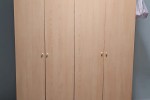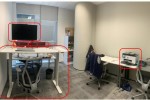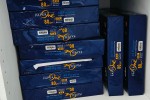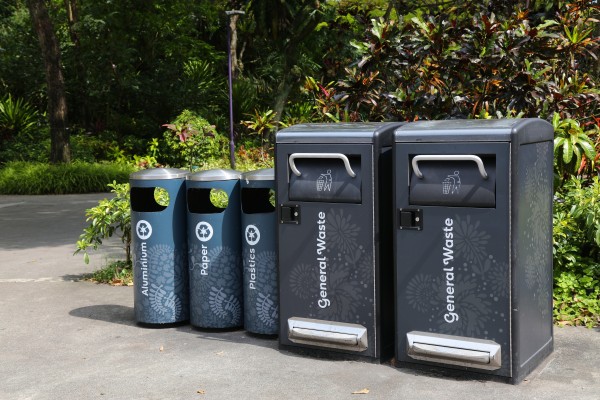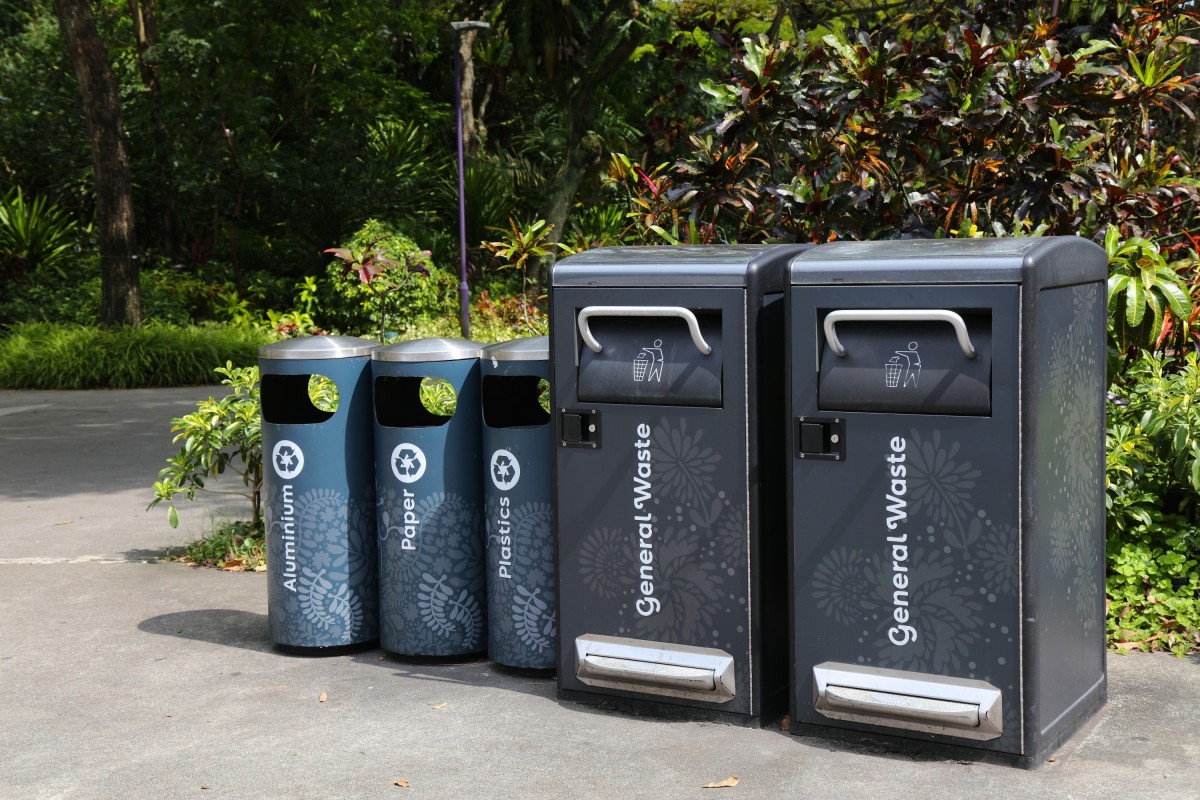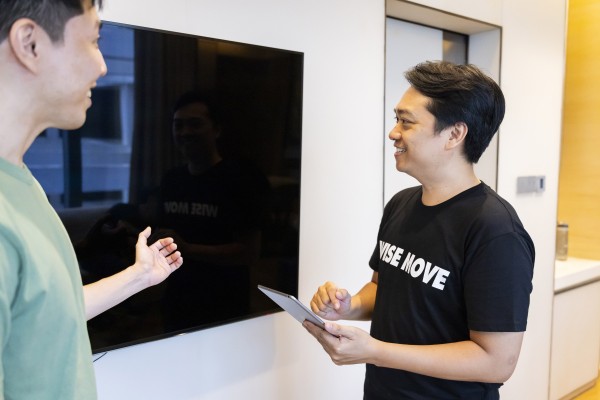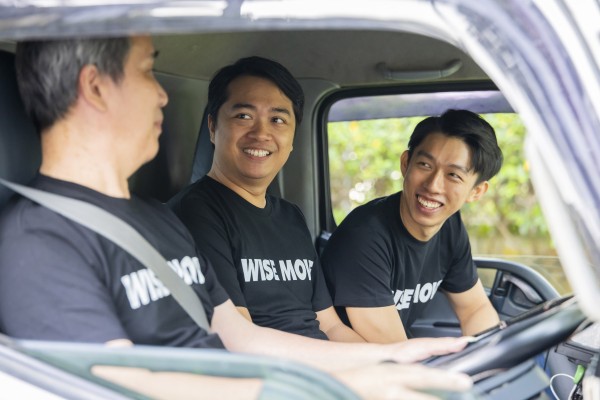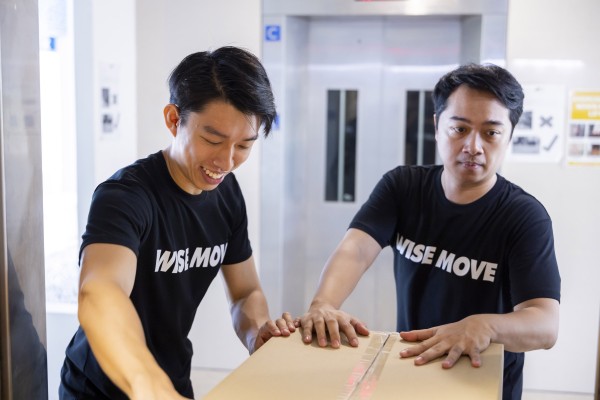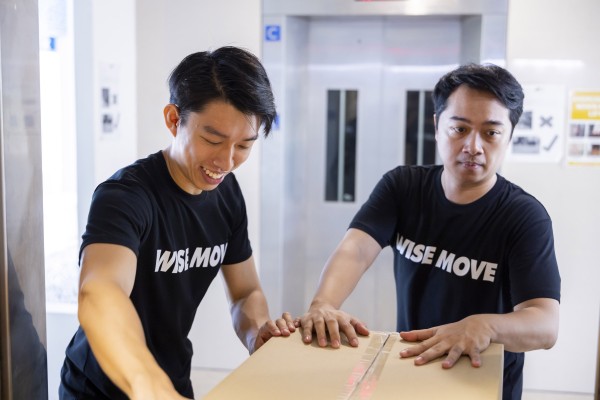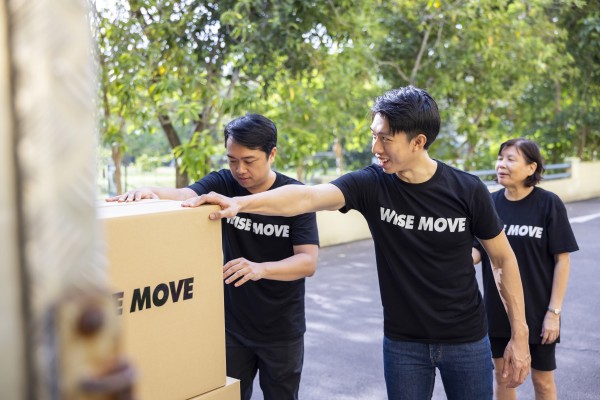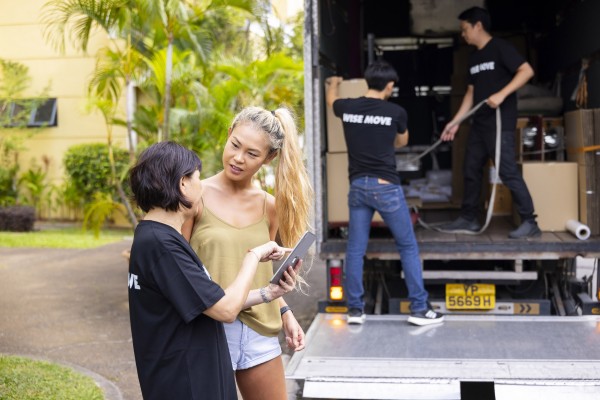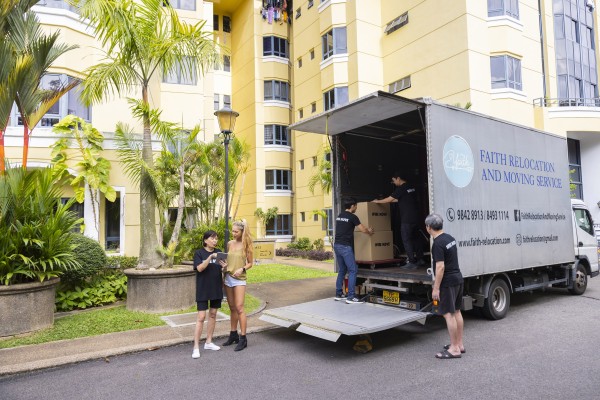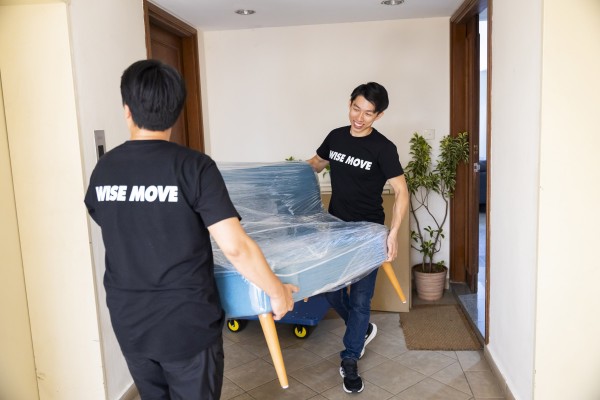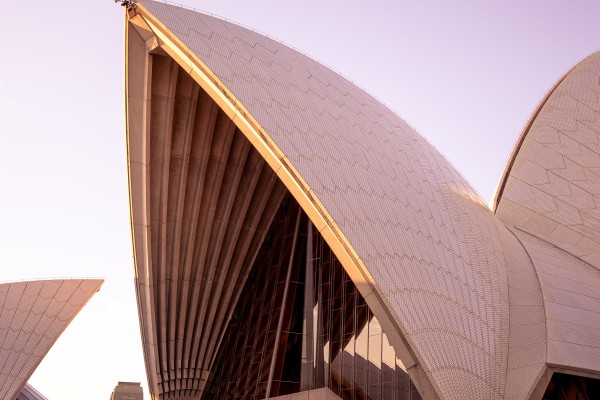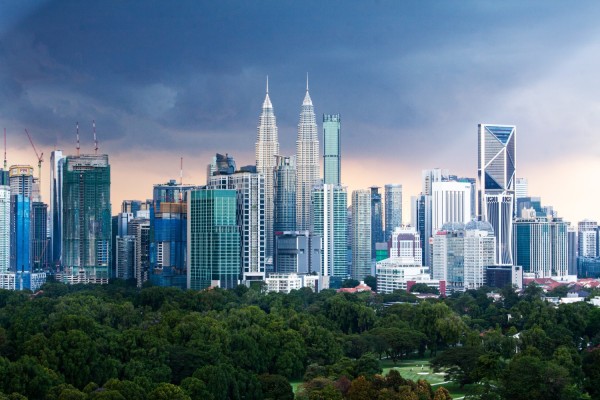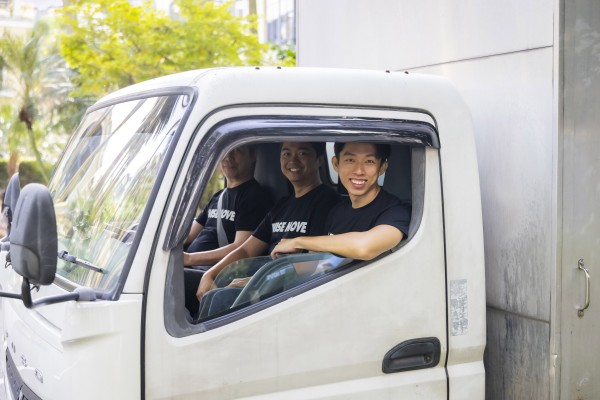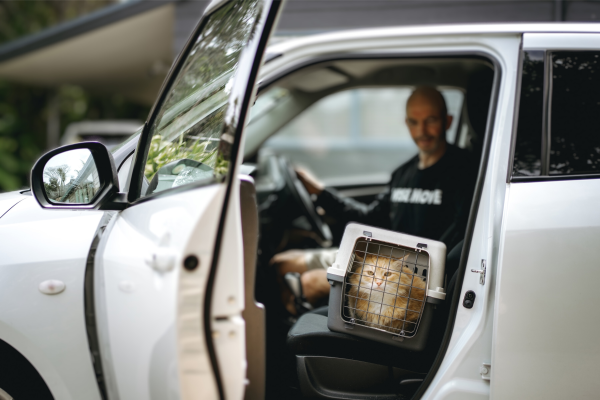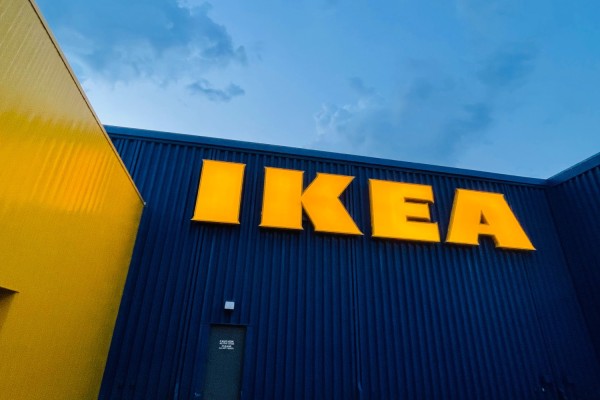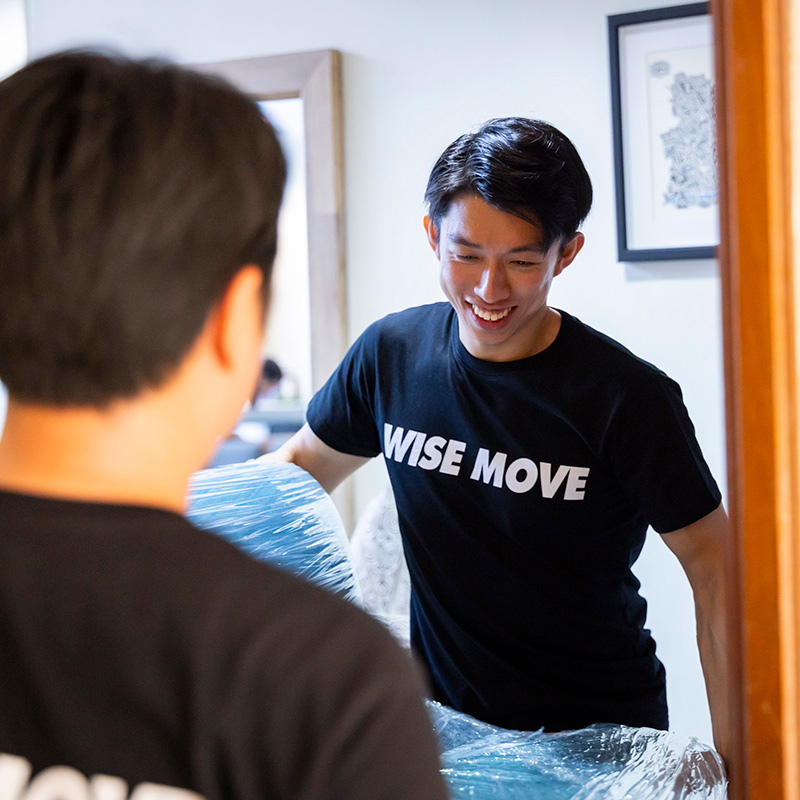Sustainable Waste Disposal: The Proper Construction Waste Disposal in Singapore
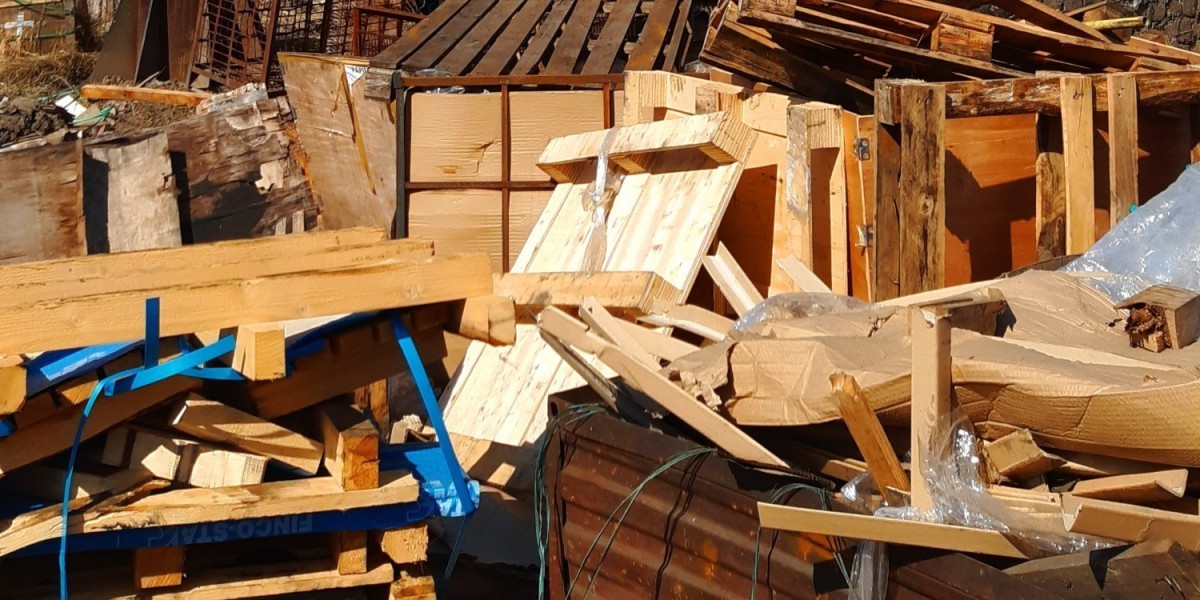
Normally, trash goes through the following stages: use, discard, collection of trash, separation of recyclables, and eventual disposal in a landfill, where it may remain for decades or centuries. Garbage dumps have a tough time breaking down materials that don't biodegrade, like plastic. This has the potential to become a major issue in the coming years.
Because of this, a shift toward eco-friendly lifestyles has recently emerged. For our planet's sake, we need to adopt more sustainable consumption patterns, such as consuming less and reusing more. However, when these options are not viable, recycling can be used to transform trash into useful materials.
Since 2012, Singapore has recycled 60% of its waste by concentrating on separate waste streams, showing that it is possible to achieve significant results. Consequently, the rates of recycling for C&D debris, ferrous metals, and nonferrous metals are all very close to 100 percent. Read more to get to know Singapore’s waste management.
Table of Contents
Construction Waste Disposal Singapore
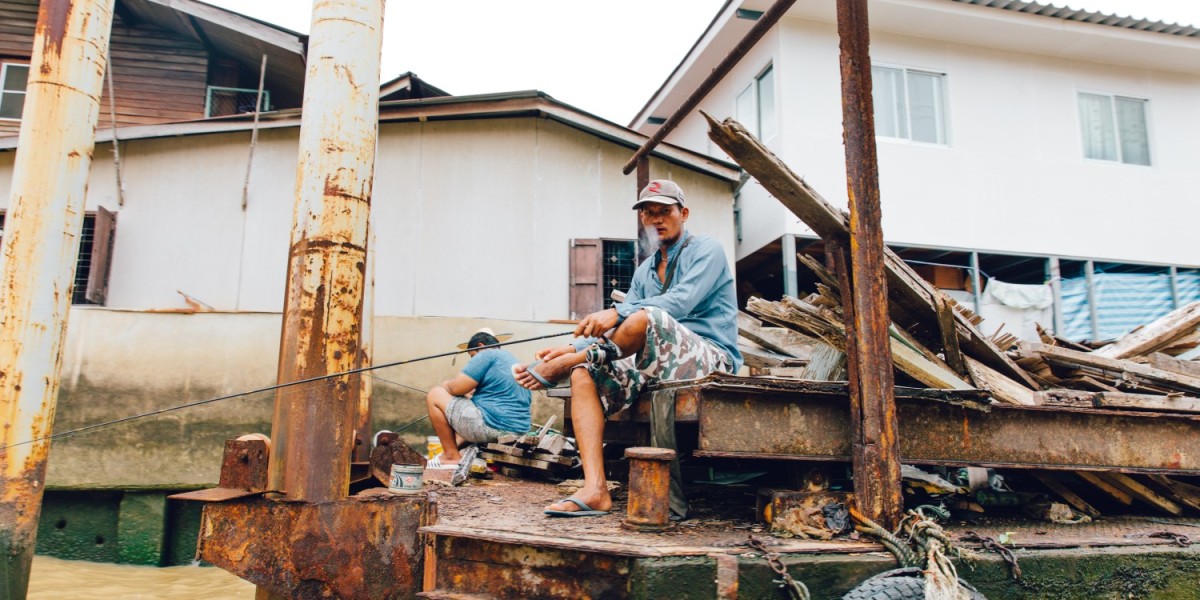
To put it simply, construction waste is undesirable material that is created either intentionally or unintentionally throughout the construction process. This includes debris from site preparation, such as dredged materials, tree trunks, and gravel, as well as construction debris, such as wiring, screws, electrical cables, and steel.
All construction sites generate some level of trash. Overproduction, defects, and excess materials all contribute to this type of waste. For this reason, it's crucial to have an established system in place for the disposal of construction waste. Waste that is not properly separated at the source is collected and transported to one of Singapore's many waste-to-energy plants. The proportion of solid trash is reduced by around 90% through incineration, and the recovered energy can be used to power nearby generators.
Tuas Marine Transfer Station (TMTS) receives the ash remnants from the incineration process and transports them, along with the non-incinerable garbage, to Semakau Landfill via barge. Four waste-to-energy (WTE) plants plus the Semakau Landfill make up Singapore's current solid waste disposal infrastructure.
Waste Disposal Services Singapore
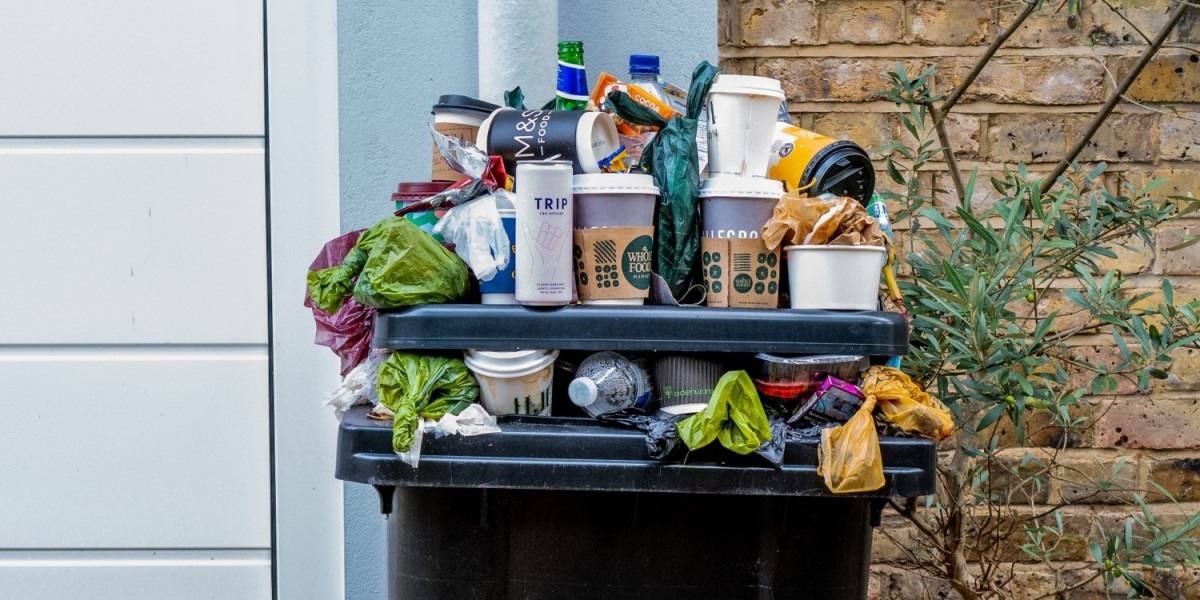
In 2001, Singapore launched an initiative to increase recycling. They used land they excavated from the ocean to construct a landfill on Semakau. Because of this, there is now a need for households to separate their trash and recycle materials. The recycling program expanded to include commercial buildings, institutions of higher learning, commercial centres, and factories through the implementation of a waste collection system.
Singapore also started burning its trash to generate energy and cut down on the amount of garbage sent to landfills. The nation's recycling rate has reached a record high of 60% thanks to the four waste-to-energy plants that provide about 3% of the nation's electricity demands. As a comparison, the Environmental Protection Agency said that the United States only recycled 34% of its solid waste and turned 13% of it into electricity.
Hiring private companies is another option besides participating in government programs for waste management. Get in touch with them if you need help getting rid of your old clothes, furniture, books, appliances, and other items. Some of the businesses that can take better care of your trash and have it properly disposed of are listed below.
To make Singaporeans' lives easier, NEA is contemplating the construction of an IWMF to assist Singapore in meeting its future waste disposal needs and achieving long-term environmental sustainability. It will be built to be a model of efficiency and sustainability, using cutting-edge methods that allow for maximum energy and material recovery from the garbage.
SGRecycle
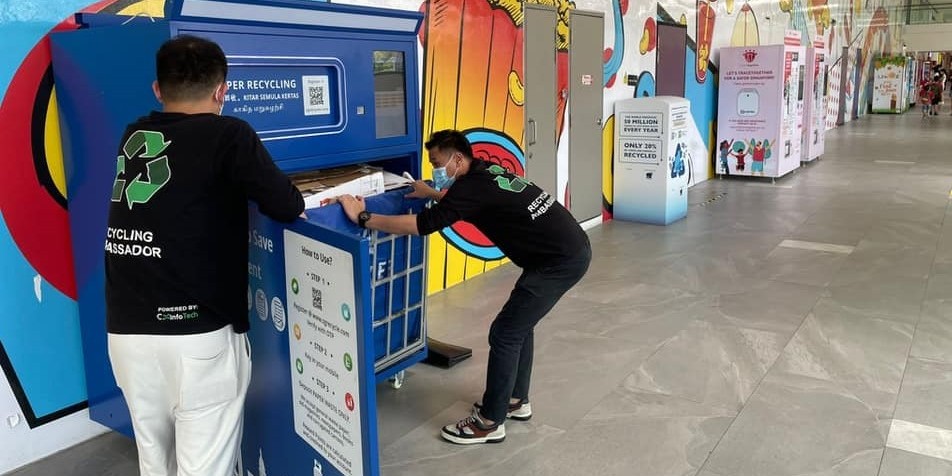
SGPaperRecycle Pte Ltd. started the social recycling initiative SGRecycle to collect waste paper such as corrugated boxes, books, papers, etc., and fabric wastes like old/unworn clothing articles, shoes, etc. They have established a network of more than 100 SGRecycle stations around Singapore. In return for the paper/fabric wastes that they collect, they offer incentives and rewards points to encourage people not to throw around items and materials that can be recycled.
If you want to help out and participate in this good cause and to start recycling, you may register an account by downloading SGRecycle App on the Apple App Store and/or Google Play Store.
Services: Collection of paper and fabric wastes to be recycled.
Location: All over Singapore
45 Kian Teck Dr, Singapore 628859
Open 10:00 am - 6:00 pm | Landline +65 86 664 747
Bulky Waste Disposal Singapore
The amount of solid trash disposed of in Singapore has increased from 1,260 metric tons per day in 1970 to a projected peak of 8,741 metric tons per day in 2021 as a result of the city-state's rapidly expanding population and thriving economy. Hence, to develop a more environmentally friendly waste management system in Singapore, both the government and businesses need to take greater responsibility. This includes the full enforcement of the EPR law and increased investment in upcycling ideas.
To do your part in the movement for a sustainable future, you can hire these professionals if you need to responsibly discard large or heavy items, such as old furniture, appliances, and the like. They will also make sure that the goods are removed, processed, and disposed of in a way that doesn't harm the environment.
Contact the HDB Town Council or the Estate Cleaner Supervisor
Free monthly disposal of up to three large items is provided by your town council if you live in HDB public housing. If you go to the notice board on your HDB's void deck, you may easily locate the estate staff hierarchy chart that serves your building.
For condominium unit owners, you should get in touch with the building's administration to find out which junk removal company is on the permitted vendor list. If you need a public garbage service, you can find one on the NEA's approved list.
Get in Touch with Junk to Clear
Overwhelmed by things you can't throw away or sell? To have your garbage managed and your bulky trash removed, contact Junk to Clear, a business that has been operating since 2009. Besides helping people clear out their homes and apartments, Junk to Clear also clear out their businesses' unwanted furnishings.
Make a Deal With Hock Siong & Co
It's a good idea to think about selling that beautiful piece of furniture you have instead of taking it to the dump. If you have any traditional items in generally good shape, such as vases, closets, chairs, sideboards, tables, and crockery, you should contact them, as they specialize in restoring antique and classic furniture and homeware.
NEA List Of General Waste Collectors
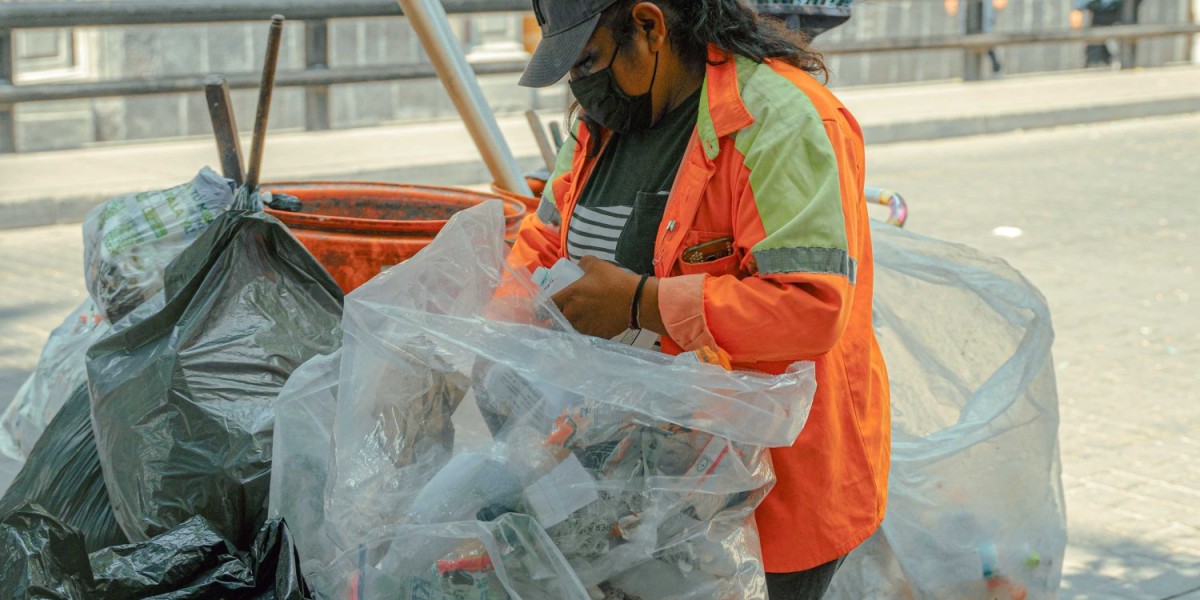
To collect trash from homes and businesses around Singapore, the National Environment Agency (NEA) selects companies through competitive bidding. Companies that have passed the pre-qualification process are eligible to bid, and the successful bidders will receive licenses to operate as trash and recyclables collectors in their designated areas for seven to eight years.
The current PWC count in Singapore is three, and they cover the six areas shown on the map on NEA's website. The NEA also issues permits for GWCs (general waste collectors) in Singapore. The majority of GWC's customers are businesses and factories. When it comes to fees, residents of HDB and private apartments will pay $9.72 per month (incl. GST) for garbage collection, while residents of landed properties will pay $32.37 per month (incl. GST).
Waste Disposal in Singapore FAQs
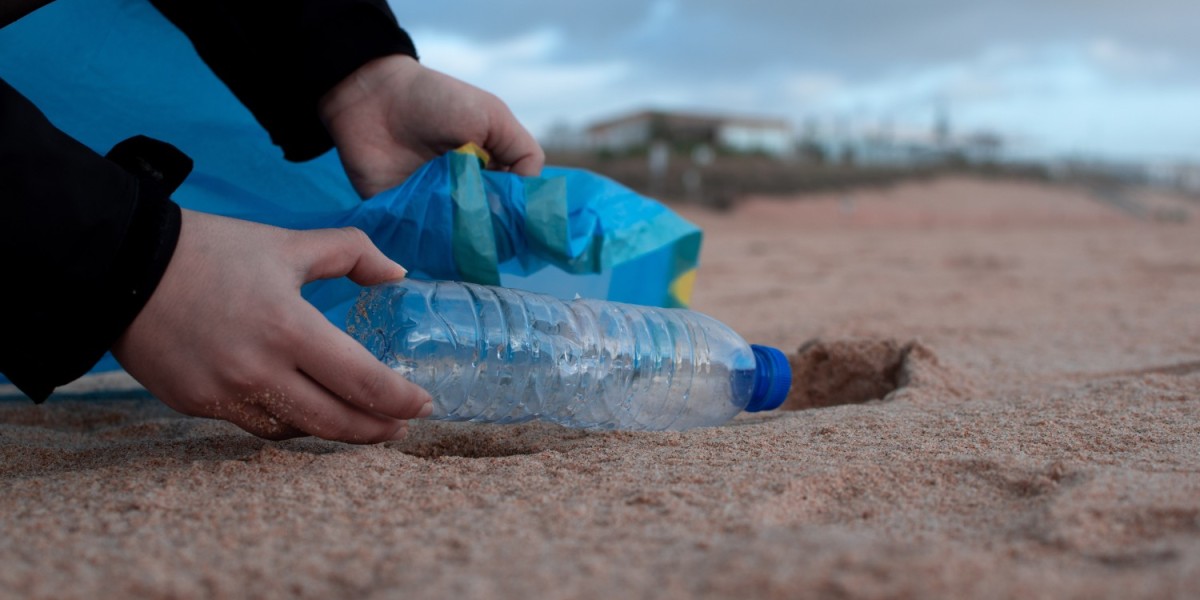
Singapore is widely recognized as a global leader in energy and water efficiency, as well as in the design of efficient, green solutions. If you are curious as to how, here are some answers to the most frequently asked questions about Singapore's waste management system.
How Much Do Disposal Services Singapore Cost?
Costs for the one-time removal of large pieces of furniture like dressers, sofas, and bed frames from the premises by the finest disposal services can go as high as $100. Costs for disposing of many large things can be a thousand dollars, so it's in your best interest to get a quote in advance from your chosen disposal company.
How Long Does It Take For The Garden Waste Collection Singapore Service to Finish?
It is entirely dependent on the amount of garbage and garden waste that must be removed as to how long it will take to complete the cleanup. A typical garden garbage collection service takes between one and four hours, depending on the volume of debris (such as dead plants, flowers, and branches) to be towed away. Simply inquiring with your service provider will provide an approximate time frame for the completion of your service.
What is The Best Self-Disposal Singapore Service?
DA Engineering is your best bet if you want to handle waste removal on your own. The quantity is unimportant; even a small amount is fine. You can still use their waste processing facility. Their waste disposal plant accepts waste transported via their own means, so you don't have to. If you need help getting rid of a lot of trash, this company can provide a forklift or excavator.
What Are The Top 5 Listed Waste Management Companies in Singapore?
Each person can do their part to keep Singapore clean and safe for everyone by getting the best trash management in Singapore. Fortunately, there are a variety of companies available to assist homeowners and business owners in making responsible waste management decisions. Below are the top 5:
1. HVAC Engineering
2. Apeiron AgroCommodities
3. Greenway Environmental
4. Junk to Clear
5. Tidy Disposal Service
What do our customers say?
